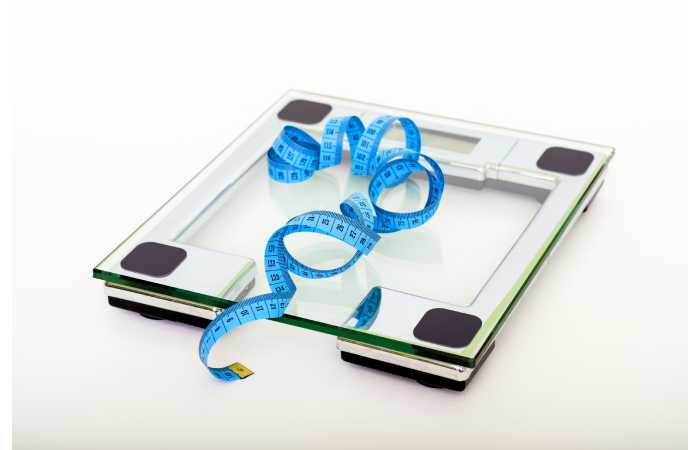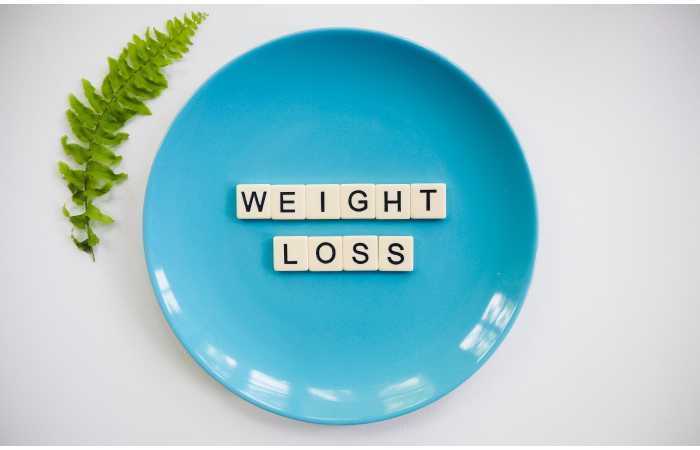Table of Contents
Introduction
Dietitian – The dietician is a nutrition professional who works in the paramedical sector. Its mission is both preventive and curative. It aims to prevent all the discomforts associated with diseases, overweight and poor nutrition. It is based on texts such as the National Health Nutrition Program (PNNS).
What does a Dietitian do?

A dietitian should not be confused with a nutritionist. The latter studied medicine and then specialized in nutrition. The dietician has completed two years of training focused on food. They are Considered a Paramedical Practitioner. The two professionals often work together, especially in care centers (hospitals, clinics, rehabilitation centers, etc.).
But they do not have the same role. A nutritionist performs medical procedures to treat food-related disorders (allergies, diabetes, obesity, high blood pressure, kidney failure, malnutrition). The dietitian helps all of his clients, whether sick or not, improve their daily food hygiene to restore their health. Healthily lose weight or reduce their eating disorder symptoms.
-
- Daily Life of a Dietitian
- Dress and Equipment of a Dietitian
- Essential Qualities, and Skills required to become a Dietitian
- Opportunities, Recruitment, were to practice the profession of Dietitian
- Schedules of Dietitian Conditions and working hours
Daily Life of a Dietitian

As a libertarian, the dietitian spends his days getting people into individual or couples counseling. If she doesn’t have a secretary, she answers the phone, makes appointments, creates client files, and takes care of administrative and accounting functions of the office.
There are 3 Types of Counseling:
- The first visit consists of a thorough assessment of 1 to 2 hours.
- a follow-up consultation of 15 to 45 minutes.
- a follow-up consultation, 15 to 45 minutes.
The tasks of a dietitian are largely the same whether as a freelancer. Works in or as a civil servant, in practice, in a hospital, or in a spa center:
- She makes a complete assessment of the food of her client, what he eats, at what time, and in what quantity. Any eating disorder or diseases (anorexia, diabetes, digestive problem, etc.) and his lifestyle (sports, stress)
- She makes a complete assessment of the food of her client, what he eats, At what time, and in what quantity. any eating disorder or diseases (anorexia, diabetes, digestive problems, etc.), and his lifestyle (sports, stress, etc.) collect information.
- She takes his measurements, weight, body fat percentage, etc. with the patient and discusses the purpose of follow-up: to lose weight, to slow the disease, Improve physical performance, etc.
- Whatever the purpose of the client, the dietitian should help it through a healthy and balanced diet get receive. She develops a personalized diet and menu customized for his client Help: Sugar-free for a diabetic or overweight person, high blood pressure Salt-free for customers with a deficiency in certain nutrients (iron) Recommends adding certain foods. magnesium, etc.).
- It also provides recommendations on meal times, amounts, cooking methods, and food combinations. gives. The plan should take into account the condition of each customer: Elderly Person, sportsperson, pregnant woman, etc.
- She educates and trains her clients. your eating in the long term. To change his habits, he must help him understand how to feed himself, how to combine foods, what to choose in the supermarket How to read product labels to identify foods for The dietician cannot stay with the patient for 24 hours, so he needs to Knowledge should be imparted so that he can make the right choice on his own.
Few More Points – Dietitian
- The dietician cannot stay with the patient for 24 hours, so he must impart the necessary knowledge to him so that he can make the right choice on his own.
- She follows and motivates her client when in doubt or discouragement, as the success of the diet largely depends on the client’s ability to persevere. He should explain to his patient the reasons for the requested changes, explain to him the effects these recommendations have on his health, and remind him of his motivations. He is a true nutrition coach. He is outside his office, on the premises of the company (Hotel, Spa, Sports Federation). mission, which has met his needs. In business
- she organizes workshops on good food practices. In this case, he should prepare training material, paper, presentation, video, etc. In the restaurant, she helps the chefs to create a healthy and balanced menu. It can also organize culinary workshops to teach individuals how to cook healthy dishes. In the hospital, within the physician team, the dietician is responsible for following up on hospitalized patients with eating disorders.
Dietitian’s Apparel and Equipment

When she consults in her office or on an outdoor mission, she works in street clothes. Hospital dietitians may also work in instream clothing, but in theory, they should wear at least white cotton to avoid the transfer of bacteria.
To carry out his consultation he mainly needs small measuring instruments. Will need: a scale to monitor your client’s weight, a skinfold message to calculate the percentage of body fat percentage and a metrete to measure waist circumference. When it sets up on its own, it should equip its premises: waiting room, office, computer, etc.
Essential Qualities Required to Become a Dietitian
- A dietitian should have a solid knowledge of nutrition to give proper and effective recommendations, especially while dealing with sick patients.
- She also knows other wellness techniques (psychology, physical exercise, relaxation) to help her patient find holistic balance.
- Because it is difficult to change one’s habits, the dietitian must be patient, educational, and empathetic to facilitate and accompany these changes as much as possible.
- More generally his interpersonal skills and friendliness help him help a real bond with his client, which is essential to the success of their collaboration.
- Friendship helps him form a real bond with his customer, which is essential to the success of their collaboration.
Opportunities, Recruitment, was to Work as Dietitian
- Most dietitians work in a health facility (hospital, nursing home, rehabilitation center, etc.). In this case, they are civil servants, and schools (in the canteen) And can also practice in the sports centers of the state.
- Some dietitians work as freelancers at home or in the office. With this position, they can also undertake external missions as a consultant or coach to high-level athletes or luxury hotels.
- A dietitian may also be employed in a thalassotherapy center, within a sports federation, or in a private mass catering company, but this is rare.
- After training, especially after DUT, some dietitians choose to enter the food industry to work in the manufacturing or quality control of food products.
- The market for dietetics is on the rise. The French influence nutrition on their health and Become aware of diseases55t
- }}
- }
- ]]
- ]
- ]caused by poor diet (obesity, diabetes, etc.). But competition among nutritionists is strong: dietitians, 2
- 413334
- 53668666++++++78998678687698nutritionists Experts, Food Trainers, Naturopathic Doctors, and
- Diabetes Specialists Offered on the Internet.
Schedules of Dietitians’ Conditions and Working

Hours: In hospitals, hours vary greatly. Unlike medical staff, a dietitian does not need to be present-day and night, as she does not deal with emergencies. But she sometimes works long hours, as she may be responsible for following up on multiple patients, conducting outpatient consultations, and overseeing a catering service.
As a Freelancer, at Home or in the Office, Dietitians Your Program is free to choose from, but she usually consults 5 days a week. Including Saturdays so that it adapts to the needs of its customers. She may decide to consult only 1 or 2 days a week and work in a hospital environment for the rest of the time. In the private sector (spas, hotels) their hours are regular.
Working conditions in a hospital are sometimes stressful. As the pace is fast and you have to deal with sick people throughout the day. The situation is better when dieticians are self-employed or are employed in the private sector.
Conclusion
The dietitian advises the patients and defines with them the eating behavior adapted to their problems. His mission can vary slightly depending on where he works: hospitals, clinics, care establishments, private practices, EPHAD (welcome dependent elderly people), school groups, etc.

